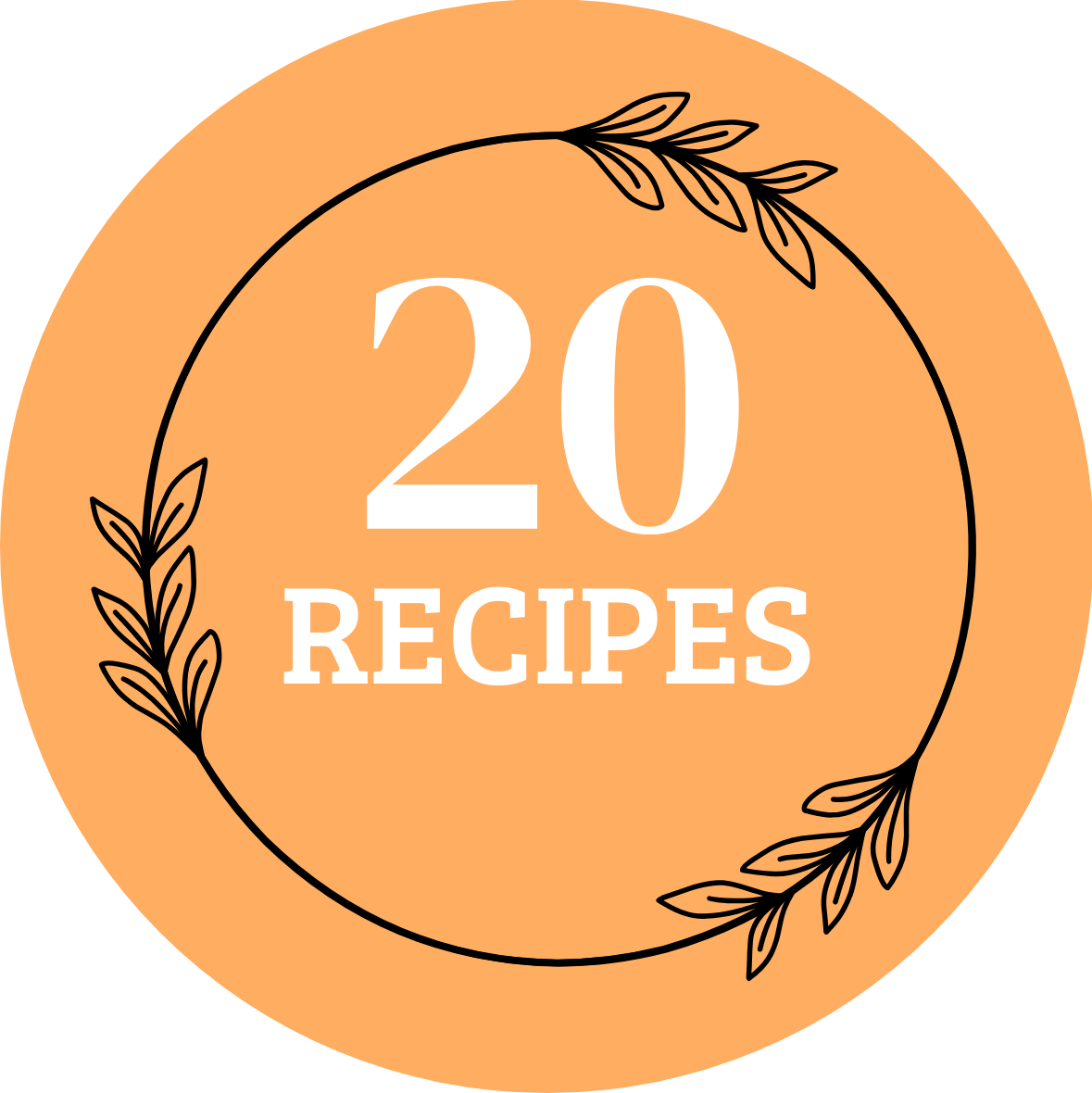Nutritional Profile of a Cheese and Turkey Sandwich
Calories and Macronutrients
A cheese and turkey sandwich provides a balanced mix of macronutrients, making it a versatile meal option for lunch or a quick snack. Here’s a detailed breakdown of its nutritional content and the role each macronutrient plays in a healthy diet:
1. Calories: ~300–450 per Sandwich
The caloric content of a cheese and turkey sandwich depends on the bread type, cheese selection, and additional ingredients like condiments or vegetables.
- Lower-calorie options include:
- Whole-grain bread (about 70 calories per slice).
- Low-fat cheese (~50–60 calories per slice).
- Lean turkey breast (~25 calories per slice).
- Higher-calorie variations may include:
- White bread (~80–100 calories per slice).
- Full-fat cheese (~70–100 calories per slice).
- Creamy spreads like mayonnaise, adding 90–100 calories per tablespoon.
Calorie-conscious eaters can reduce calories by choosing low-calorie bread, fat-free cheese, and mustard instead of mayonnaise.
2. Protein: 20–30 Grams
The high protein content in a cheese and turkey sandwich supports muscle repair and growth, making it a suitable choice for active individuals.
Key Protein Sources in the Sandwich:
- Turkey breast: Provides lean protein with minimal fat.
- Cheese: Adds protein along with calcium, enhancing muscle function and bone health.
Protein Benefits:
- Helps maintain muscle mass.
- Promotes satiety, reducing hunger and overeating.
- Aids in muscle recovery after workouts.
Adding more protein, such as an extra slice of turkey or a boiled egg on the side, can make the sandwich ideal for muscle-building diets.
3. Fat: 10–15 Grams
The fat content mainly comes from cheese and any spreads added to the sandwich. While fats are often viewed negatively, they play an important role in:
- Providing energy.
- Supporting cell growth.
- Helping absorb fat-soluble vitamins like A, D, E, and K.
Healthier Fat Choices:
- Opt for low-fat cheese (e.g., mozzarella or Swiss).
- Use avocado slices or hummus instead of mayonnaise to add healthy fats.
- Avoid processed spreads high in trans fats.
Reducing unhealthy fats while retaining healthy fats can improve the sandwich’s nutritional value.
4. Carbohydrates: 35–45 Grams
Carbohydrates provide the primary source of energy for your body, making them an essential component of a balanced diet.
Bread Selection Impacts Carbs:
- Whole-grain bread (16–20 grams of carbs per slice) offers complex carbohydrates that digest slowly, providing sustained energy.
- White bread (22–25 grams of carbs per slice) contains refined grains that may cause blood sugar spikes.
Health Tip:
- Choose whole-grain or sprouted bread for extra fiber and vitamins.
Add vegetables like spinach, tomatoes, or cucumbers to boost nutrient density without adding empty carbs.
5. Fiber: 4–6 Grams
Fiber plays a crucial role in:
- Improving digestion.
- Regulating blood sugar levels.
- Lowering cholesterol.
- Promoting a feeling of fullness.
Sources of Fiber in the Sandwich:
- Whole-grain bread is rich in fiber (~2–3 grams per slice).
- Adding vegetables like lettuce and spinach increases fiber content and provides antioxidants.
- Avocado slices add healthy fats along with fiber.
Health Tip:
Swap white bread for whole-grain or multi-grain bread and layer in vegetables to enhance fiber content and nutritional value.
Micronutrients in the Sandwich
1. Vitamins and Minerals from Turkey:
- B Vitamins (B6 and B12) for energy metabolism.
- Zinc and selenium to support immune health.
2. Calcium and Phosphorus from Cheese:
- Calcium strengthens bones and teeth.
- Phosphorus supports energy production.
3. Antioxidants from Vegetables (Optional):
- Tomatoes add vitamin C and lycopene.
- Leafy greens like spinach provide iron and folate.
Key Ingredients

Turkey: Lean Protein Source
- High in lean protein to keep you full longer.
- Packed with B vitamins and zinc for energy metabolism.
- Supports immune health with selenium.
Cheese: Calcium and Flavor Boost
- Rich in calcium, promoting bone health.
- Provides protein and fats—opt for low-fat varieties to limit saturated fat.
- Discover more about the healthiest cheeses for a balanced diet.
Bread: Whole-Grain Advantage
- Whole-grain bread adds fiber and supports digestive health.
- Avoid refined grains to prevent blood sugar spikes.
Health Benefits of a Cheese and Turkey Sandwich
1. Protein Supports Muscle Growth
The lean turkey in this sandwich is a high-quality source of protein, which plays a vital role in:
- Muscle Repair and Growth – Protein is essential for rebuilding muscle tissues, especially after workouts.
- Increased Satiety – Consuming protein-rich foods helps you feel fuller for longer, reducing the urge to snack and promoting weight management.
- Boosted Metabolism – Protein requires more energy to digest, enhancing your metabolism and supporting calorie burning.
- Tissue Maintenance – Protein aids in maintaining skin, nails, and hair health.
Turkey also contains important amino acids, such as tryptophan, which supports the production of serotonin—a mood-enhancing hormone.
To further enhance the protein content, consider adding a boiled egg, sliced chicken breast, or a side of Greek yogurt to your meal.
2. Calcium Enhances Bone Health
Cheese is a nutrient-dense source of calcium, which is critical for:
- Strong Bones and Teeth – Calcium supports bone density and prevents conditions like osteoporosis.
- Muscle Function and Contraction – It aids in muscle contractions, including those of the heart.
- Nerve Function – Calcium helps transmit nerve signals, ensuring proper muscle movement.
- Cell Function – It plays a role in blood clotting and enzyme activity.
Choosing the Right Cheese:
- Opt for low-fat cheeses like mozzarella, Swiss, or cottage cheese to reduce saturated fat while retaining calcium benefits.
- Incorporate plant-based cheeses fortified with calcium for lactose-free alternatives.
Pairing cheese with leafy greens like spinach in your sandwich can further enhance calcium absorption.
3. Fiber Aids Digestion
A fiber-rich sandwich made with whole-grain bread offers numerous digestive benefits:
- Improves Gut Health – Fiber promotes the growth of healthy gut bacteria, improving digestion and bowel movements.
- Stabilizes Blood Sugar Levels – Complex carbohydrates in whole grains digest slowly, preventing blood sugar spikes.
- Promotes Satiety – Fiber increases fullness, reducing overeating and supporting weight loss goals.
- Lowers Cholesterol – Soluble fiber binds with cholesterol particles in the digestive tract, helping to eliminate them from the body.
Additional Fiber Sources for Sandwiches:
- Add avocado slices, lettuce, spinach, tomatoes, or cucumbers for a fiber boost.
- Replace traditional spreads with hummus or mashed chickpeas for extra fiber.
4. Provides Essential Vitamins and Minerals
In addition to protein, calcium, and fiber, a cheese and turkey sandwich provides:
- B Vitamins (Turkey): Supports energy metabolism, nerve health, and red blood cell formation.
- Iron (Turkey and Spinach): Helps in oxygen transport and prevents anemia.
- Vitamin C (Tomatoes and Lettuce): Boosts immune health and supports collagen production.
- Antioxidants (Vegetables): Protect cells from oxidative stress and inflammation.
5. Weight Management and Muscle Recovery
This sandwich can be tailored for weight loss or muscle recovery:
- For Weight Loss:
- Use whole-grain bread, low-fat cheese, and mustard instead of mayonnaise.
- Add fiber-rich veggies like lettuce and cucumber for fewer calories and added satiety.
- For Muscle Recovery:
- Increase protein content by adding extra turkey slices or an egg.
- Include healthy fats like avocado to promote nutrient absorption and muscle repair.
6. Heart Health Benefits
- Turkey is low in saturated fats, making it heart-friendly.
- Whole grains and vegetables add antioxidants and fiber, supporting cholesterol management and cardiovascular health.
7. Versatile and Customizable for Any Diet
- Suitable for low-carb diets when served in lettuce wraps.
- Fits into high-protein diets for muscle building.
- Can be made vegetarian-friendly by replacing turkey with tofu or tempeh.
More Healthy Recipe Ideas
For more healthy meal options, including protein-packed ideas, check out this article on Healthy and Easy Ground Turkey and Rice Recipes. It’s perfect for those looking to expand their nutritious meal options.
Potential Health Concerns
1. Sodium Levels
- Processed turkey and cheese are often high in sodium, which can contribute to high blood pressure and increase the risk of heart disease.
- Consuming too much sodium may also lead to water retention and bloating.
- Health Tip: Opt for low-sodium versions of deli meats and cheeses, and add fresh vegetables to enhance flavor without added salt.
2. Saturated Fat in Cheese
- Full-fat cheeses can be high in saturated fats, which may elevate cholesterol levels and increase the risk of cardiovascular disease.
- Excess saturated fat can also contribute to weight gain if consumed in large amounts.
- Health Tip: Choose low-fat cheese options like mozzarella, Swiss, or cottage cheese. Adding avocado as a spread can provide healthy fats instead.
3. Preservatives in Deli Meat
- Many deli meats contain nitrates, nitrites, and preservatives, which are linked to a higher risk of certain cancers and digestive issues.
- Regular consumption of processed meats may also increase the risk of inflammation and oxidative stress.
- Health Tip: Opt for freshly cooked turkey breast instead of pre-packaged deli meat to minimize exposure to preservatives.
Diet Compatibility: Can It Fit Your Meal Plan?
A cheese and turkey sandwich is highly versatile and can be easily modified to fit various dietary plans, making it a great option for weight loss, low-carb, keto, and balanced diets.
Weight Loss-Friendly Options
- Low-Calorie Bread: Opt for whole-grain, low-calorie bread to boost fiber and vitamins while keeping calories in check.
- Lean Protein: Use skinless turkey breast to cut fat and increase protein content.
- Veggie Additions: Add spinach, lettuce, tomatoes, and cucumbers for extra fiber, vitamins, and minerals.
- Healthy Spreads: Replace mayonnaise with mustard, hummus, or Greek yogurt-based sauces to save calories without sacrificing flavor.
- Portion Control: Opt for open-faced sandwiches to reduce bread intake while still enjoying a satisfying meal.
Low-Carb and Keto-Friendly Modifications
- Bread Swaps: Replace bread with lettuce wraps or collard greens to reduce carbohydrates.
- Healthy Fats: Add avocado slices or olive oil-based spreads for healthy fats.
- Cheese Selection: Choose full-fat cheeses like cheddar or Swiss, which are keto-friendly and help maintain ketosis.
- Extra Protein: Increase turkey slices or add boiled eggs to meet protein goals without adding carbs.
Meal Prep Ideas
- Quick Assembly: Pre-slice turkey and cheese and store them in meal-prep containers for on-the-go lunches.
- Whole-Grain Wraps: Use whole-grain tortillas or pita bread for an easy, portable option.
- Veggie-Packed Sandwiches: Layer spinach, arugula, tomatoes, and bell peppers for a nutrient-dense meal.
- Spread Options: Prepare small containers of hummus, guacamole, or pesto for quick flavor boosts without adding unhealthy fats.
- Snack Pairing: Serve with sliced carrots, celery sticks, or a side salad to make it a balanced meal.
FAQs About Cheese and Turkey Sandwiches
1. Is a cheese and turkey sandwich healthy?
Yes, especially with whole-grain bread, lean meats, and low-fat cheese.
2. What type of cheese is healthiest?
Try Swiss, mozzarella, or feta for lower fats and calories.
3. Can I eat this sandwich every day?
Yes, in moderation—just balance it with vegetables and whole grains.
4. What spreads are best for sandwiches?
Hummus, mustard, or avocado are healthier alternatives to mayonnaise.
Final Thoughts: Is a Cheese and Turkey Sandwich Healthy?
A cheese and turkey sandwich can be a nutrient-rich option when prepared with healthy ingredients. Focus on whole grains, lean protein, and low-fat cheese to balance flavor and nutrition. Avoid high-sodium meats and heavy spreads to make this sandwich part of a balanced diet.
For creative sandwich variations, you might also like this recipe for Turkey Cranberry Sliders—a fun and tasty way to use turkey leftovers!
By combining healthy ingredients and thoughtful meal prep, you can turn this classic sandwich into a nutritional powerhouse that suits any diet plan.


